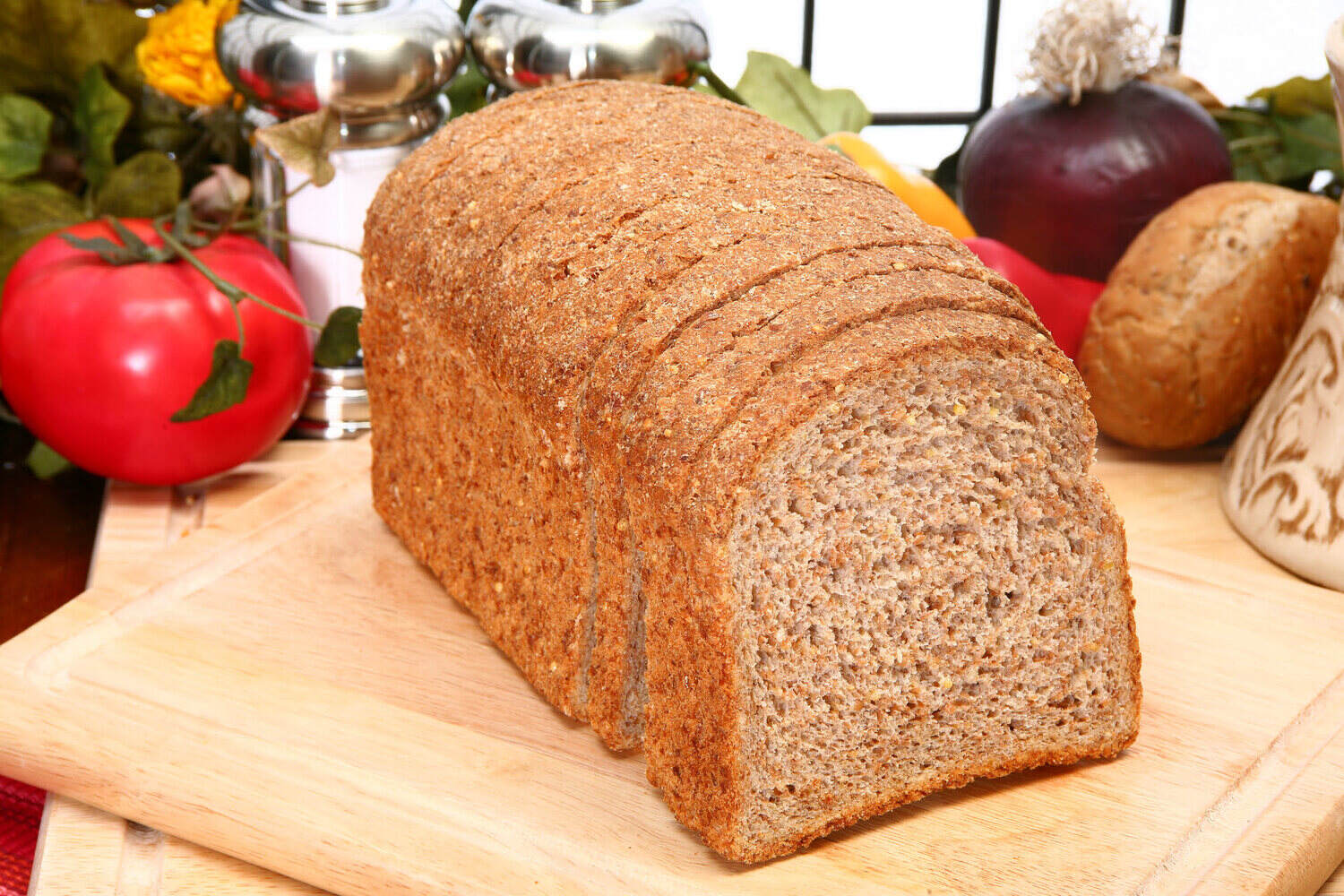

Articles
How To Store Ezekiel Bread
Modified: February 18, 2024
Learn the best ways to store Ezekiel bread and keep it fresh for longer with these helpful articles. Discover tips and tricks for preserving the taste and texture of your favorite bread.
(Many of the links in this article redirect to a specific reviewed product. Your purchase of these products through affiliate links helps to generate commission for Storables.com, at no extra cost. Learn more)
Introduction
Welcome to the world of Ezekiel bread – a nutritious and flavorful bread that has gained popularity for its health benefits. If you’re a fan of this wholesome bread made from sprouted grains, legumes, and seeds, you may be wondering how to best store it to maintain its freshness and taste. In this article, we will explore the importance of proper storage for Ezekiel bread and provide you with some handy guidelines to help you keep your loaves as fresh as possible.
Ezekiel bread, inspired by the biblical verse Ezekiel 4:9, is a type of bread that is made from a combination of organic sprouted grains, such as wheat, barley, millet, and spelt, as well as legumes like lentils and soybeans. It also contains various seeds like flaxseed and chia seeds. The unique process of sprouting these grains and legumes before making the bread helps to unlock their nutrients and make them easier to digest.
What sets Ezekiel bread apart from other types of bread is its high nutritional value. It is a complete protein source, containing all nine essential amino acids, making it a great choice for vegetarians and vegans. Ezekiel bread is rich in fiber, vitamins, minerals, and antioxidants. With its low glycemic index, it provides slow-releasing energy, making it a healthier option for those watching their blood sugar levels.
However, like any other bread, Ezekiel bread is susceptible to spoilage and loss of freshness if not stored properly. Factors such as moisture, temperature, and exposure to air can affect its taste and texture if not taken care of. That’s why it’s essential to follow specific storage guidelines to ensure that your Ezekiel bread stays delicious and enjoyable for longer periods.
In the following sections, we will explore different storage options for Ezekiel bread, including room temperature storage, refrigerator storage, and freezer storage. Each option has its pros and cons, and by understanding these guidelines, you can choose the method that best suits your needs.
Key Takeaways:
- Proper storage is crucial for maintaining the freshness, taste, and nutritional value of Ezekiel bread. Whether stored at room temperature, in the refrigerator, or in the freezer, following specific guidelines ensures long-lasting enjoyment.
- Handling Ezekiel bread with clean hands, limiting air exposure, and avoiding frequent thawing and refreezing are essential for preserving its quality. By following these tips, you can savor the delicious and nutritious benefits of this wholesome bread.
Read more: How To Store Bread Machine Bread
Understanding Ezekiel Bread
Ezekiel bread is a unique type of bread that stands out for its nutritional composition and special preparation process. To truly appreciate the benefits of this bread, it’s important to understand its ingredients and how it’s made.
Ezekiel bread gets its name from the biblical verse Ezekiel 4:9, which describes a recipe for bread using specific grains and legumes. This bread is made from a combination of sprouted grains, legumes, and seeds. The sprouted grains typically include wheat, barley, millet, and spelt, while the legumes used are often lentils and soybeans. Additionally, various seeds like flaxseed and chia seeds are included.
The sprouting process is a key factor that sets Ezekiel bread apart from other bread varieties. Sprouting involves soaking the grains and legumes in water until they begin to germinate. This activates enzymes that break down complex carbohydrates and proteins, making them easier to digest. It also increases the nutrient content, making the bread more nutritious than bread made from non-sprouted grains.
One of the main benefits of Ezekiel bread is its high protein content. By combining different grains and legumes, this bread becomes a complete source of protein, containing all of the essential amino acids that the body needs. This makes it an excellent choice for individuals who follow vegetarian or vegan diets or are looking to increase their protein intake without relying on animal products.
Another advantage of Ezekiel bread is its high fiber content. The sprouted grains and legumes in this bread provide a good amount of dietary fiber, which is beneficial for digestion, weight management, and blood sugar control. The fiber helps regulate bowel movements and keeps you feeling satisfied for longer periods, reducing the likelihood of overeating.
Additionally, Ezekiel bread is a good source of vitamins and minerals. The sprouting process enhances the bioavailability of these nutrients, making them more easily absorbed by the body. This bread is particularly rich in B vitamins, including folate, thiamine, and niacin, as well as minerals such as iron, magnesium, and zinc.
It’s important to note that while Ezekiel bread offers many nutritional benefits, it is still a carbohydrate-rich food. Individuals who are watching their carbohydrate intake or following specific diets such as low-carb or keto should consume Ezekiel bread in moderation and consider their individual dietary needs and goals.
Now that we have a better understanding of the key features and nutritional profile of Ezekiel bread, let’s explore why proper storage is crucial in preserving its freshness and quality.
Why Proper Storage is Important
Proper storage is essential when it comes to maintaining the freshness, taste, and texture of Ezekiel bread. Failing to store this bread correctly can result in spoilage, loss of nutrients, and a decrease in overall quality. Here are some key reasons why proper storage is important for Ezekiel bread:
1. Preventing Mold and Bacterial Growth: Ezekiel bread, like any other baked goods, can be susceptible to mold and bacterial growth if not stored properly. Moisture is the enemy when it comes to bread storage, as it creates the perfect environment for mold and bacteria to thrive. By following proper storage guidelines, you can minimize the moisture exposure and reduce the risk of spoilage.
2. Maintaining Freshness and Taste: Proper storage helps to preserve the freshness of Ezekiel bread, ensuring that it stays soft, moist, and flavorful for as long as possible. Storing it in optimal conditions helps to retain its appealing taste and texture, allowing you to enjoy your bread to the fullest.
3. Preventing Staleness: Ezekiel bread is made from sprouted grains, legumes, and seeds, which can make it more susceptible to becoming stale compared to bread made solely from refined flour. Storing the bread in a way that minimizes exposure to air and moisture can help prevent staleness and keep it delicious for longer.
4. Preserving Nutritional Value: The sprouted grains and legumes in Ezekiel bread offer numerous health benefits due to their increased nutrient content. Proper storage helps to preserve these nutrients, ensuring that you can enjoy the full nutritional value of the bread even days after purchasing or baking it.
5. Minimizing Food Waste: By storing Ezekiel bread properly, you can extend its shelf life and minimize food waste. This is not only good for your wallet but also for the environment. Proper storage allows you to enjoy your bread for an extended period, reducing the need to discard it prematurely due to spoilage.
Now that you understand why proper storage is crucial for Ezekiel bread, let’s delve into some practical guidelines for storing this nutritious bread.
Storage Guidelines for Ezekiel Bread
Properly storing Ezekiel bread will help maintain its freshness, taste, and nutritional value. Here are some guidelines to follow when storing your Ezekiel bread:
1. Keep it Sealed: To prevent exposure to air and moisture, it’s important to keep your Ezekiel bread sealed at all times. If the bread came in a plastic bag or packaging, try to reseal it as tightly as possible after each use. Alternatively, you can transfer the bread to a resealable plastic bag or airtight container before storing.
2. Choose the Right Storage Option: Consider the amount of time you plan to store your Ezekiel bread and choose the appropriate storage option.
– Room Temperature Storage: If you plan to consume the bread within a couple of days, storing it at room temperature is suitable. Find a cool and dry place away from direct sunlight, such as a bread box or pantry shelf.
– Refrigerator Storage: If you want to extend the shelf life of your Ezekiel bread for up to a week, refrigeration is a good option. Place the bread in a sealed bag or container and store it in the refrigerator. Keep in mind that refrigeration may cause the bread to become slightly firmer, but it will still retain its taste and quality.
– Freezer Storage: If you want to store Ezekiel bread for an extended period, freezing is the best option. Slice the bread before freezing to make it easier to thaw individual portions. Wrap each slice tightly in plastic wrap or place them in a freezer bag. Frozen Ezekiel bread can be stored for up to three months.
3. Avoid Excessive Moisture: Moisture is the enemy of bread. Be careful to keep your Ezekiel bread away from moisture sources in the kitchen, such as the sink, refrigerator condensation, or steam from cooking. Additionally, make sure the bread is completely dry before storing it.
4. Consider Portioning: Portioning your Ezekiel bread can be beneficial, especially if you only plan to consume a few slices at a time. This can help minimize exposure to air and moisture when removing portions from storage. Simply slice the bread and store the portions separately, making it easier to grab just what you need without compromising the rest.
5. Avoid Excessive Handling: Handling the bread too much can transfer oils and moisture from your hands, potentially affecting its quality. When removing slices or portions, use clean utensils or handle them with care to minimize unnecessary contact.
By following these storage guidelines, you can ensure that your Ezekiel bread stays fresh and delicious, preserving its nutritional benefits for longer periods. Next, we will explore specific storage options in-depth, including room temperature, refrigerator, and freezer storage methods.
Option 1: Room Temperature Storage
Room temperature storage is a suitable option for those planning to consume Ezekiel bread within a few days. When stored properly at room temperature, the bread can maintain its freshness and taste. Here are some tips for room temperature storage:
1. Find a Cool, Dry Place: Choose a cool and dry area in your kitchen to store the bread. It’s best to keep it away from direct sunlight, as heat and sunlight can accelerate the staling process and affect the quality of the bread.
2. Wrap or Seal the Bread: If your Ezekiel bread came in a plastic bag or packaging, make sure to reseal it tightly after each use to keep out air and moisture. If the bread is not in a sealed bag, you can transfer it to a resealable plastic bag or place it in an airtight container.
3. Avoid Refrigeration: Unlike regular bread, Ezekiel bread does not require refrigeration for short-term storage. Refrigeration may make the bread slightly firmer and affect its texture. It is generally recommended to store Ezekiel bread at room temperature for optimal freshness.
4. Mind the Humidity: It’s important to be mindful of the humidity levels in your kitchen or storage area. High humidity can make the bread go stale faster and may even promote mold growth. If you live in a humid environment, consider using a bread box or placing a moisture-absorbing packet near the bread to help control humidity levels.
5. Consume Within a Few Days: Room temperature storage is ideal for short-term consumption. To enjoy the bread at its freshest, try to consume it within 3-4 days. Storing it longer may result in a decrease in taste and quality.
Remember that room temperature storage is best suited for consuming Ezekiel bread within a few days. If you plan to store the bread for a longer period, such as up to a week or more, it’s recommended to consider refrigeration or freezing, which we will explore in the next sections.
Now that you are familiar with room temperature storage, let’s move on to option 2: refrigerator storage.
Store Ezekiel bread in a cool, dry place, such as a bread box or airtight container. It can also be stored in the refrigerator or freezer for longer shelf life.
Read more: How To Store Baguette Bread
Option 2: Refrigerator Storage
If you want to extend the shelf life of your Ezekiel bread beyond a few days, refrigeration is a suitable option. Storing Ezekiel bread in the refrigerator can help maintain its freshness and quality. Here’s how to properly store Ezekiel bread in the refrigerator:
1. Wrap or Seal the Bread: Before placing the bread in the refrigerator, make sure it is tightly wrapped or stored in a sealed bag or airtight container. This prevents the bread from drying out and absorbing any odors from other foods in the refrigerator.
2. Choose the Right Shelf: Keep the bread on a middle or bottom shelf of the refrigerator. This helps maintain a consistent temperature and prevents exposure to temperature fluctuations when opening and closing the refrigerator door.
3. Avoid Moisture: Moisture is still a concern when refrigerating Ezekiel bread. To prevent excess moisture from affecting the bread, make sure it is completely dry before refrigerating. Additionally, avoid placing the bread in areas of the refrigerator that are prone to condensation, such as near the vegetable drawer.
4. Maintain Constant Temperature: Refrigerators can experience temperature fluctuations, especially when frequently opened and closed. It’s best to keep the refrigerator at a constant temperature to maintain the freshness of the bread. Aim for a temperature between 35°F and 40°F (1.7°C and 4.4°C) for optimal storage.
5. Consume Within a Week: While refrigeration extends the shelf life of Ezekiel bread, it is still recommended to consume it within a week for the best quality and taste. The bread may become slightly firmer in the refrigerator, but it should still be enjoyable.
By following these guidelines, you can significantly prolong the freshness and shelf life of your Ezekiel bread. Refrigeration is a convenient option for those who want to have a longer-lasting supply of bread readily available. However, if you don’t consume Ezekiel bread within a week or plan to store it for an even longer period, freezing is the next best option, which we will explore in the next section.
Now that you know how to store Ezekiel bread in the refrigerator, let’s move on to option 3: freezer storage.
Option 3: Freezer Storage
If you want to store Ezekiel bread for an extended period or stock up on loaves, freezing is the best option. Freezing helps preserve the freshness, taste, and nutritional value of the bread. Here are the steps to properly freeze Ezekiel bread:
1. Slice Before Freezing: To make it easier to thaw and use individual portions, slice your Ezekiel bread before freezing. This allows you to take out only what you need without thawing the entire loaf.
2. Wrap and Seal Each Slice: Wrap each slice tightly in plastic wrap to protect it from freezer burn and moisture. Alternatively, you can place the slices in a freezer bag, removing as much air as possible before sealing. Label the bag with the date of freezing for reference.
3. The Double Bagging Method: For added protection, consider double bagging the slices by placing the individually wrapped slices in a second freezer bag. This helps further prevent freezer burn and keeps the bread fresher for an extended period.
4. Store in the Freezer: Place the wrapped and sealed slices in the freezer, keeping them flat to maintain their shape. Ensure that they are not stacked on top of each other to prevent significant pressure on the bread.
5. Freeze for Up to Three Months: Properly stored, Ezekiel bread can be frozen for up to three months without significant loss of quality. Beyond this time, the bread may still be safe to eat but can gradually lose its taste and texture.
6. Thawing the Bread: When you’re ready to enjoy a slice of frozen Ezekiel bread, remove it from the freezer and let it thaw at room temperature for a few hours. Alternatively, you can gently toast the frozen slice in a toaster or toaster oven for a quick thawing and added warmth.
Freezing Ezekiel bread allows you to store it for an extended period while maintaining its freshness and nutritional value. It’s a convenient option when you want to have bread readily available without worrying about spoilage or waste. Remember to take out only the number of slices you need to prevent unnecessary thawing and refreezing.
With proper freezing and thawing techniques, you can enjoy delicious Ezekiel bread even months after freezing. However, keep in mind that freezing can slightly alter the texture of the bread, making it slightly denser. Nonetheless, it should still be enjoyable and nutritious.
Now that you are familiar with the freezer storage option, let’s move on to some tips for maintaining the freshness of Ezekiel bread, regardless of the storage method you choose.
Tips for Maintaining Freshness
Regardless of the storage method you choose, there are some general tips you can follow to help maintain the freshness and quality of your Ezekiel bread. These tips will ensure that you can enjoy your bread to the fullest:
1. Handle with Clean Hands: When handling the bread, make sure your hands are clean and free from any oils or contaminants that could transfer to the bread. This helps maintain its freshness and prevents any unwanted flavors or odors.
2. Avoid Excessive Exposure to Air: Air exposure can accelerate staling and affect the texture and taste of the bread. Limit the time the bread spends outside of its storage container, ensuring it remains properly sealed when not in use.
3. Slice as Needed: If you’re not planning to consume the entire loaf in one sitting, slice the bread as needed rather than slicing the entire loaf at once. This helps minimize exposure to air and moisture, ensuring that the rest of the loaf remains fresh.
4. Reheat or Toast When Needed: If you have leftover Ezekiel bread or a slice that has become slightly stale, consider reheating or toasting it before consuming. This can revive the texture and make it more enjoyable.
5. Avoid Frequent Thawing and Refreezing: If you choose to freeze Ezekiel bread, try to avoid thawing and refreezing the same slices multiple times. Frequent temperature fluctuations can compromise the texture and freshness of the bread.
6. Use airtight containers: Whether you opt for room temperature storage or refrigeration, using airtight containers or resealable plastic bags helps maintain a controlled environment for the bread, protecting it from moisture and other odors in the surroundings.
7. Consume Sooner Rather Than Later: Although Ezekiel bread can be stored for extended periods in the freezer, it’s generally best to consume it within a reasonable timeframe for optimal taste and quality. Aim to consume your frozen Ezekiel bread within three months to ensure maximum freshness.
By following these tips, you can maximize the freshness and taste of your Ezekiel bread, regardless of the storage method you choose. Remember to always check the bread for signs of spoilage before consuming, such as mold or an off smell.
As we conclude this article, we hope that these storage guidelines and tips have helped you understand how to properly store and maintain the freshness of Ezekiel bread. Enjoy your delicious and nutritious Ezekiel bread for many meals to come!
Conclusion
Ezekiel bread is a nutritious and flavorful bread made from sprouted grains, legumes, and seeds. To fully enjoy its health benefits and delicious taste, proper storage is crucial. By following the guidelines outlined in this article, you can keep your Ezekiel bread fresh, moist, and enjoyable for longer periods.
Understanding the ingredients and preparation process of Ezekiel bread highlights its unique qualities and nutritional value. The sprouted grains and legumes make it a complete protein source and a great option for those following plant-based diets. Additionally, Ezekiel bread is rich in fiber, vitamins, minerals, and antioxidants.
We explored various storage options for Ezekiel bread, including room temperature storage, refrigerator storage, and freezer storage. Room temperature storage is suitable for short-term consumption, while refrigeration extends the bread’s shelf life for up to a week. Freezing allows you to store Ezekiel bread for an extended period without compromising its freshness and nutritional value, with a recommended storage time of up to three months.
To maintain the freshness of Ezekiel bread, it’s important to handle it with clean hands, limit exposure to air, and avoid frequent thawing and refreezing. Slicing the bread as needed and using airtight containers or bags can also help preserve its qualities. Additionally, reheating or toasting partially stale bread can bring back its texture and flavor.
In conclusion, proper storage is essential to keep your Ezekiel bread fresh, delicious, and packed with nutrients. Whether you choose room temperature storage, refrigeration, or freezing, following the respective guidelines will ensure that you enjoy the full benefits of this wholesome bread. By maintaining its freshness, you can savor every bite of your Ezekiel bread for days or even months to come.
Frequently Asked Questions about How To Store Ezekiel Bread
Was this page helpful?
At Storables.com, we guarantee accurate and reliable information. Our content, validated by Expert Board Contributors, is crafted following stringent Editorial Policies. We're committed to providing you with well-researched, expert-backed insights for all your informational needs.
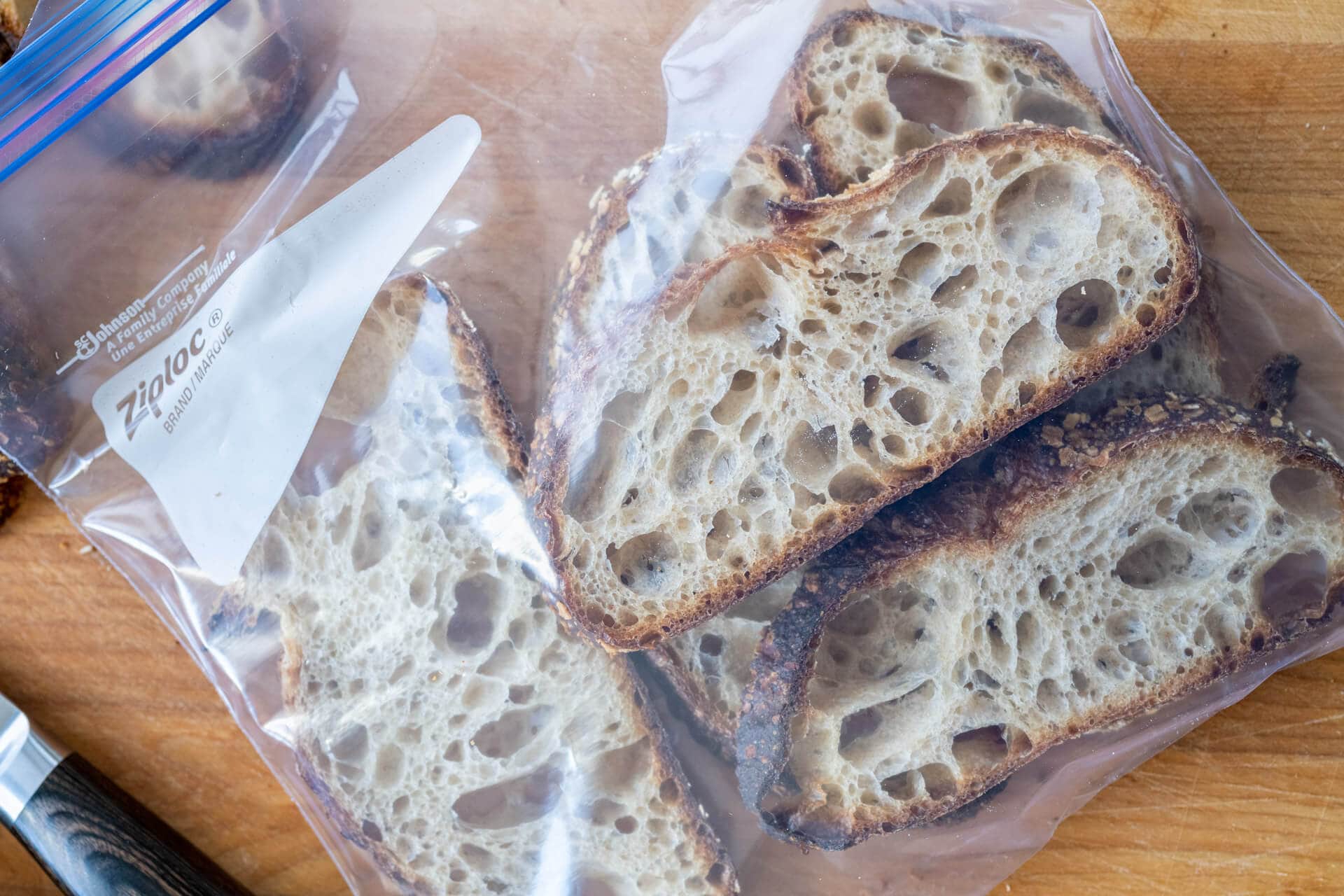

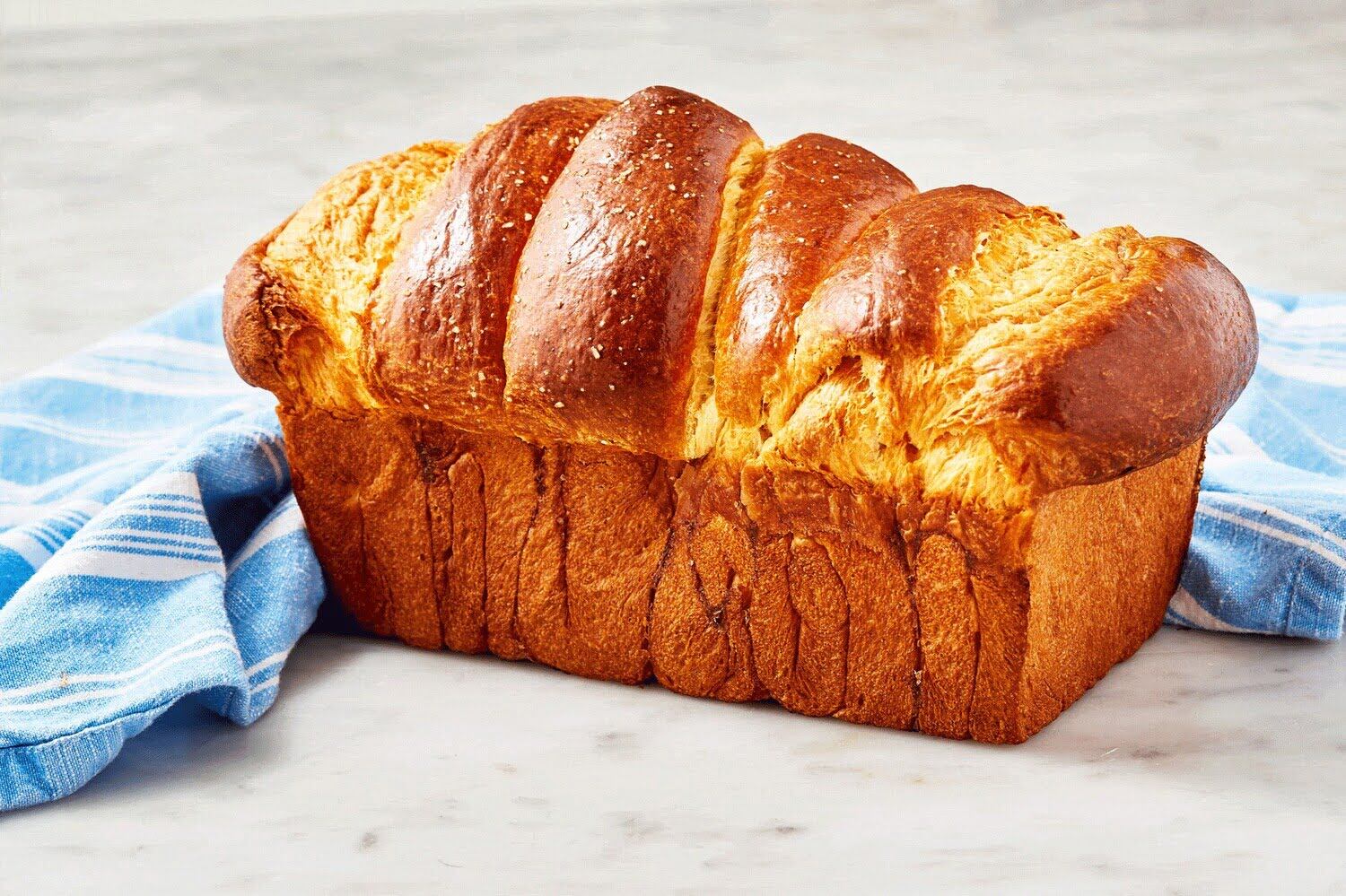
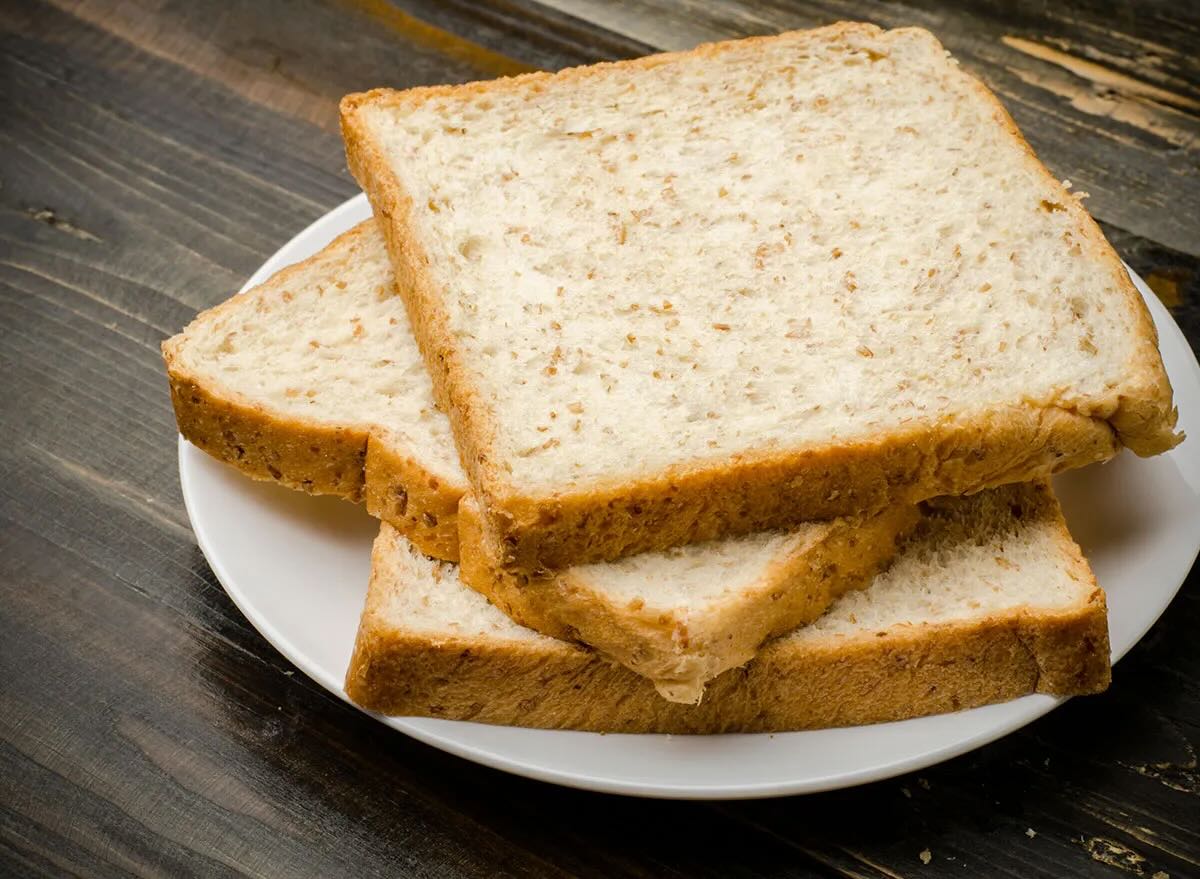
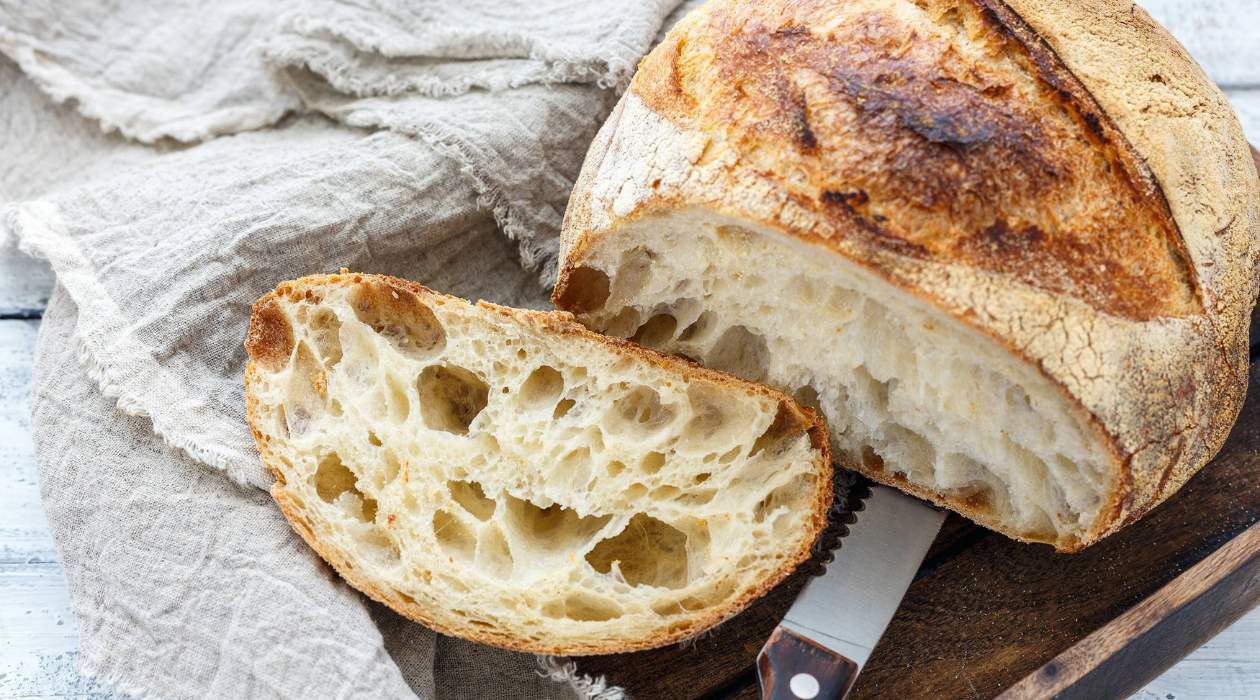
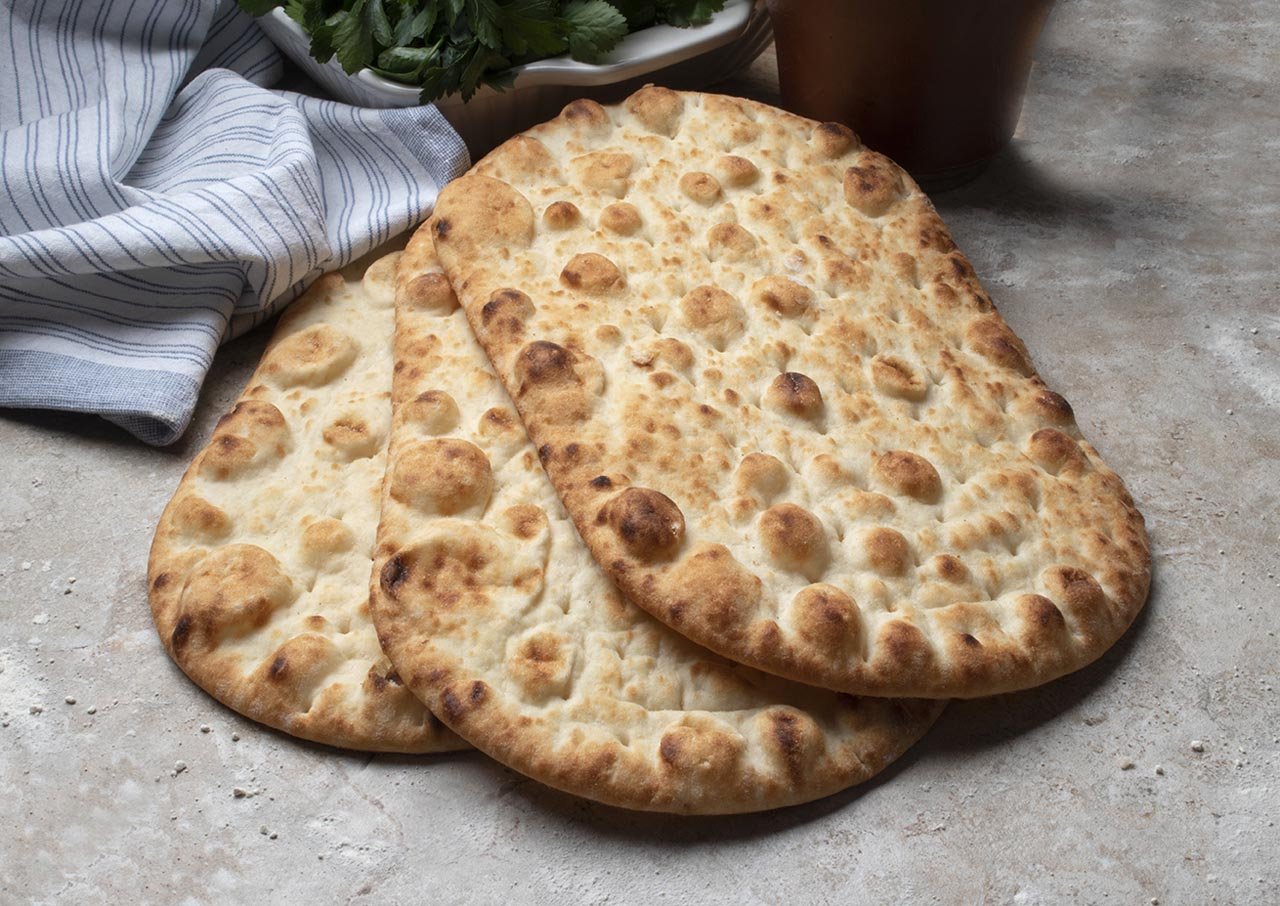
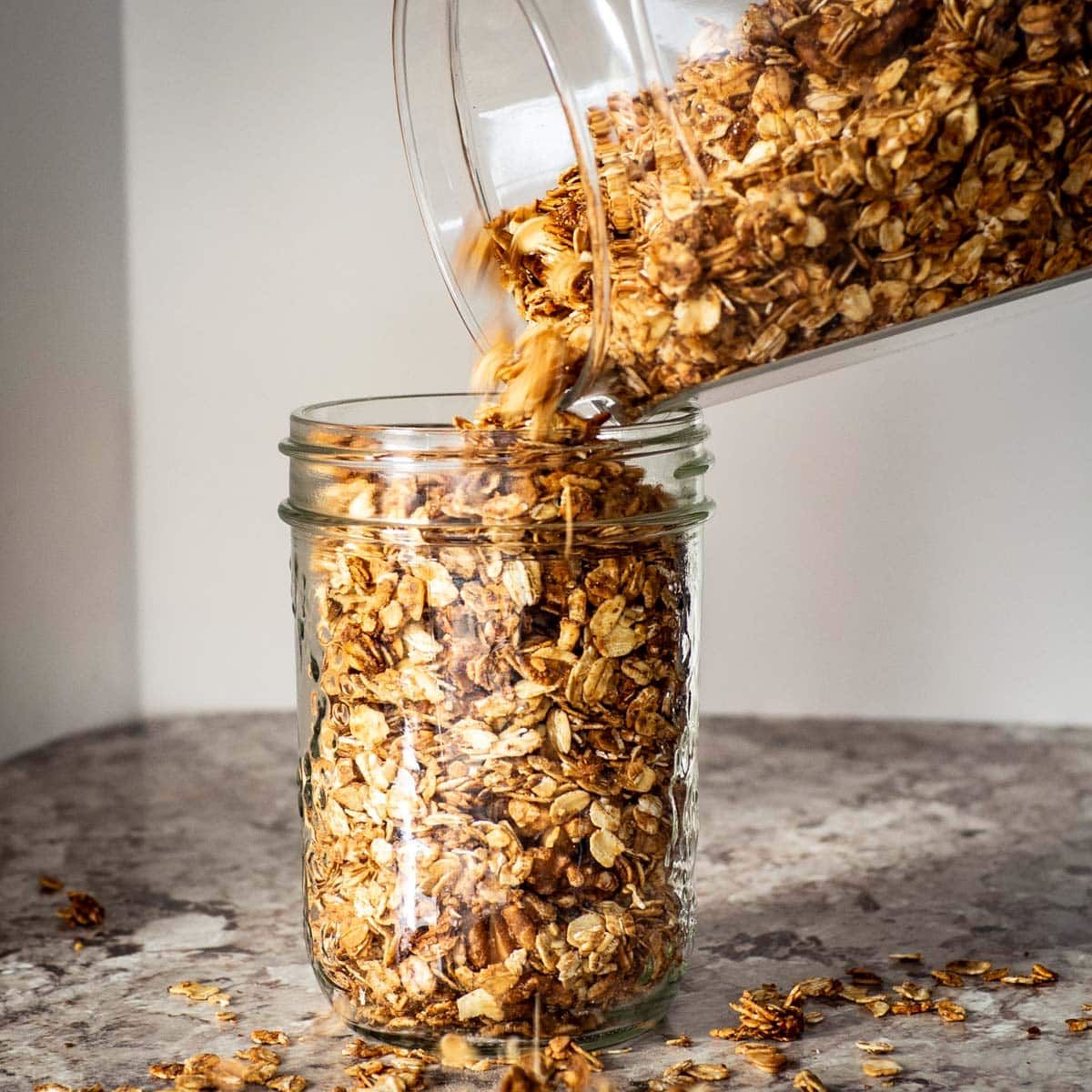
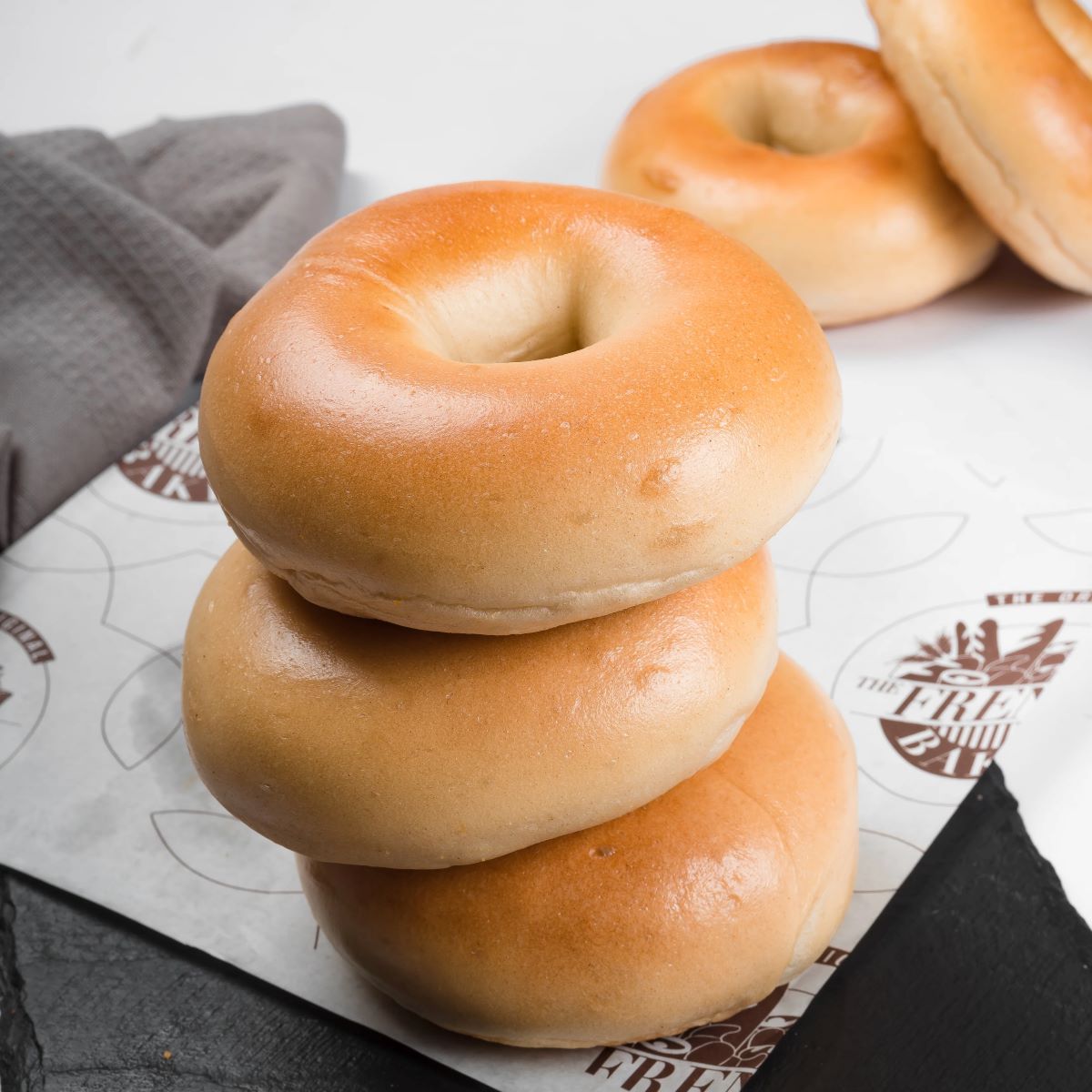
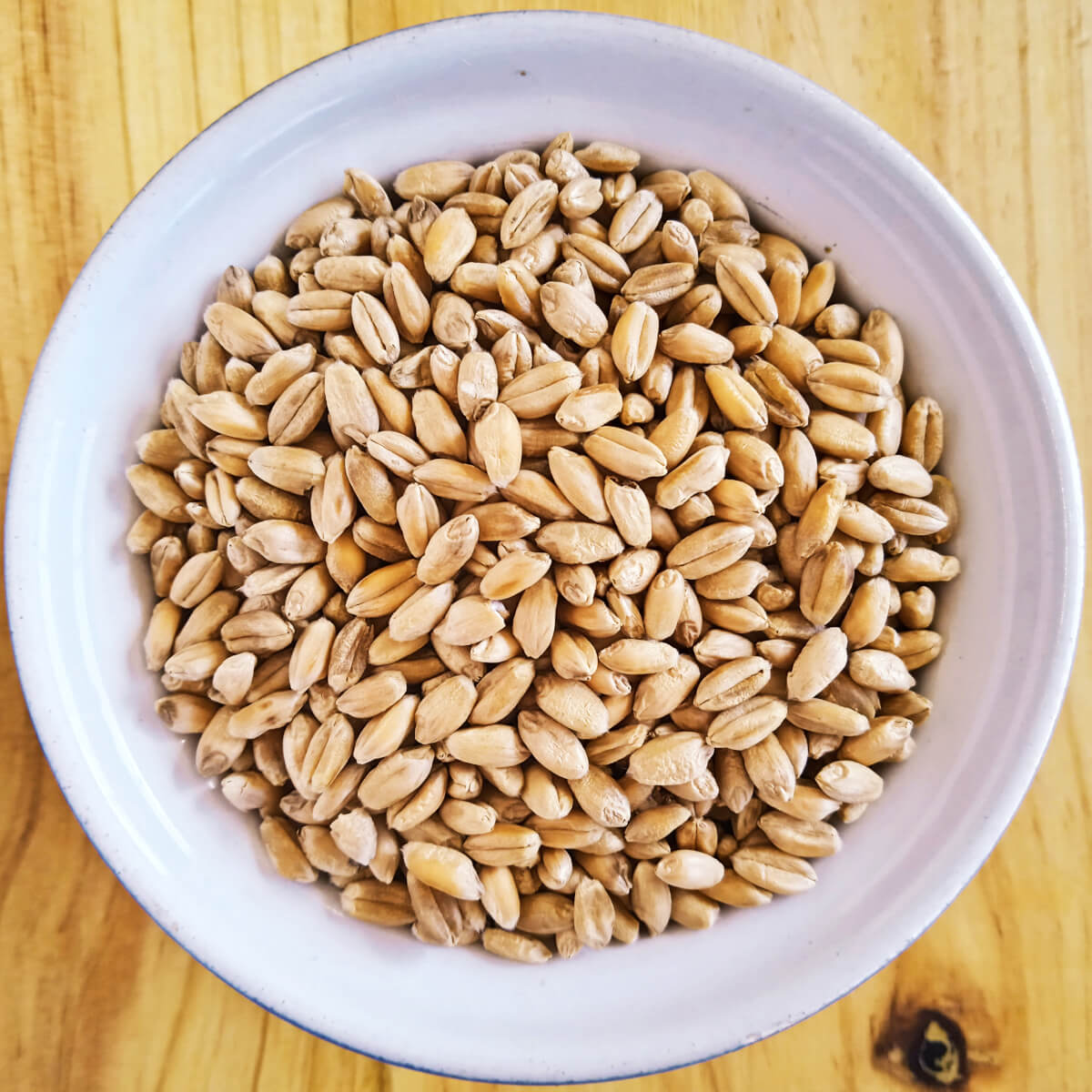


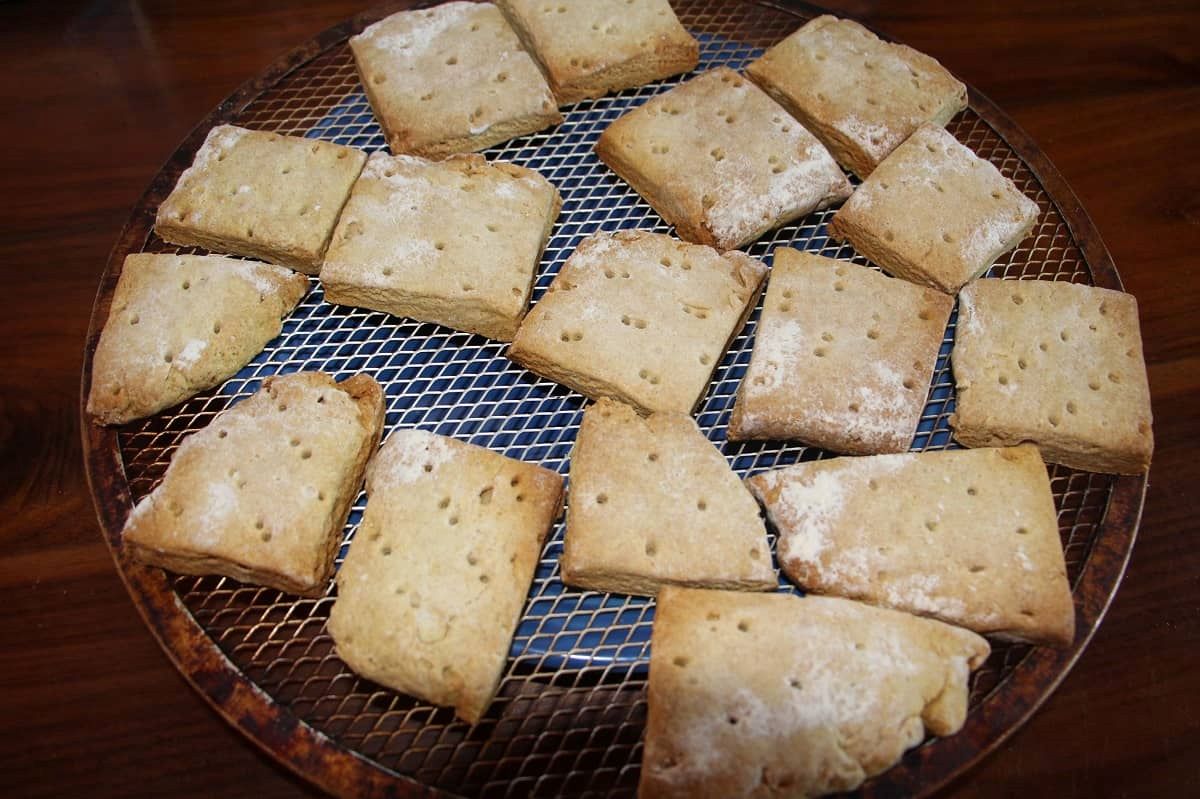
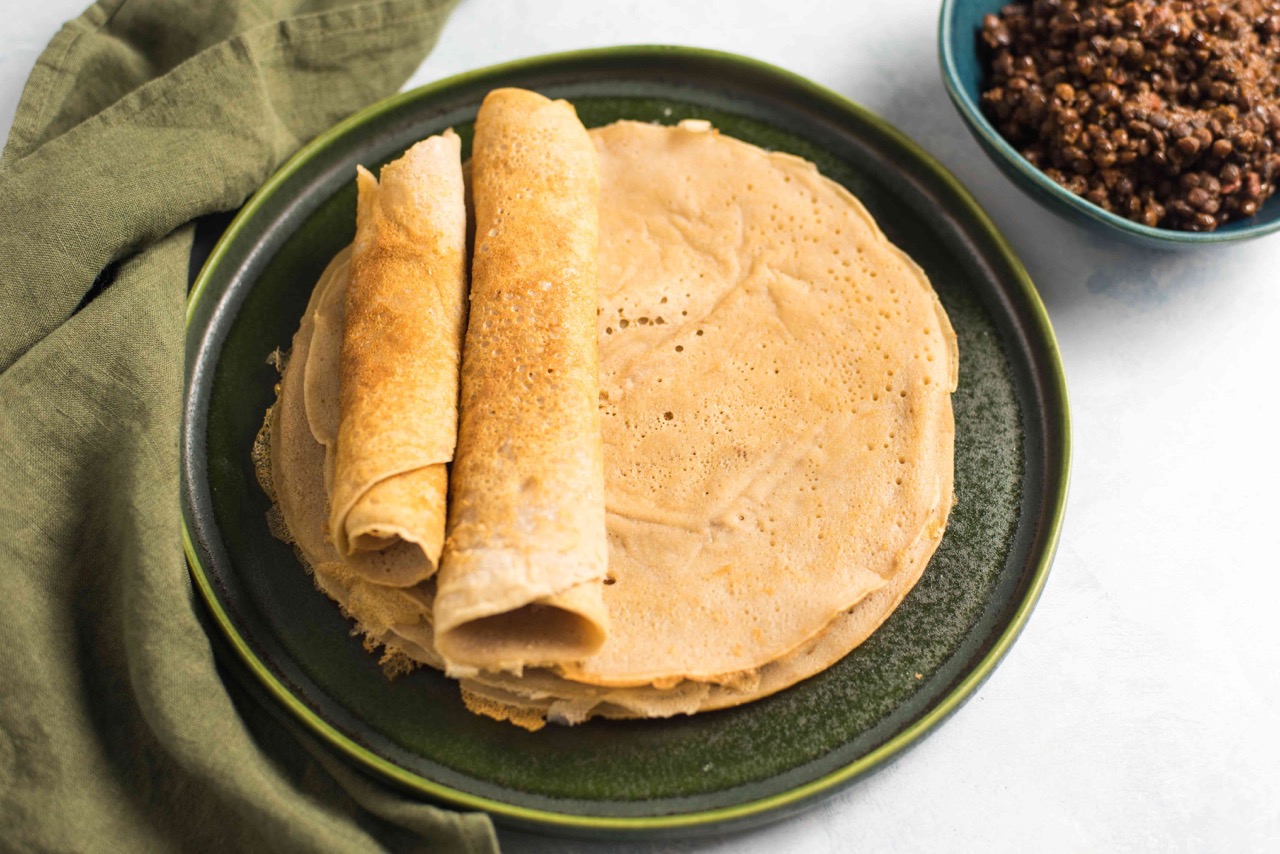
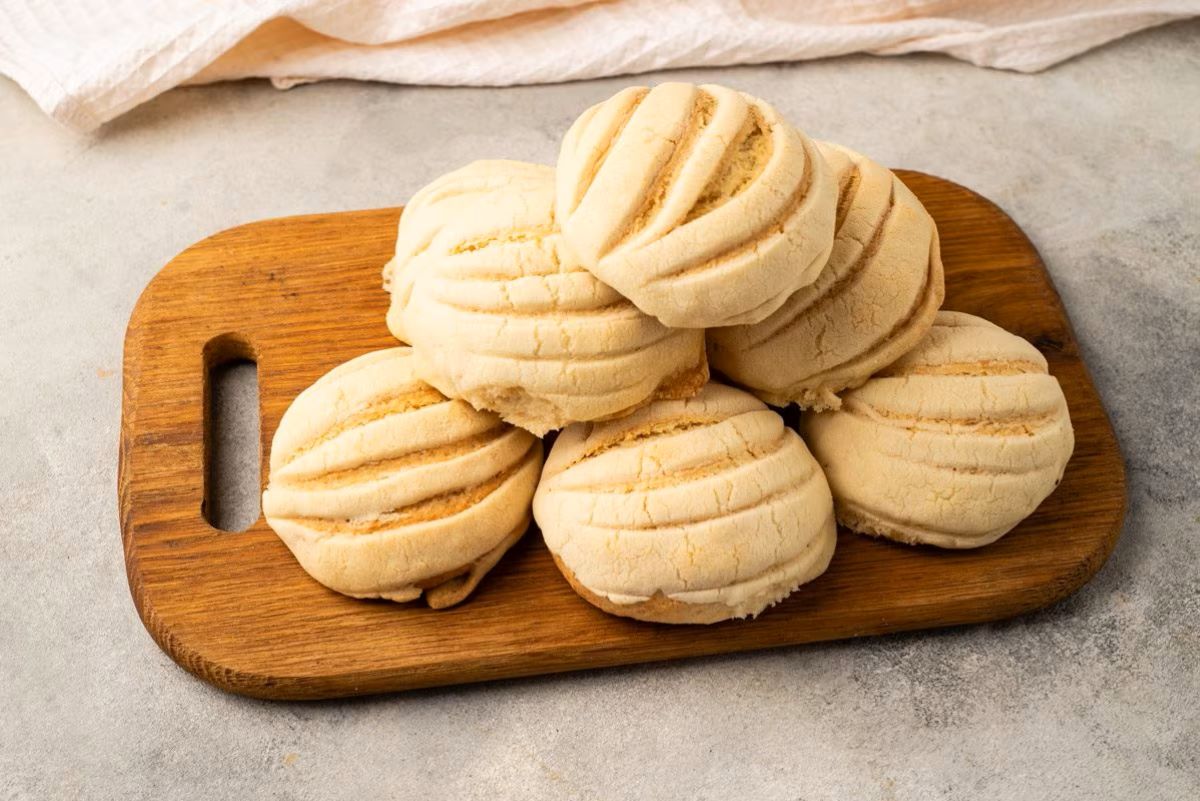

0 thoughts on “How To Store Ezekiel Bread”